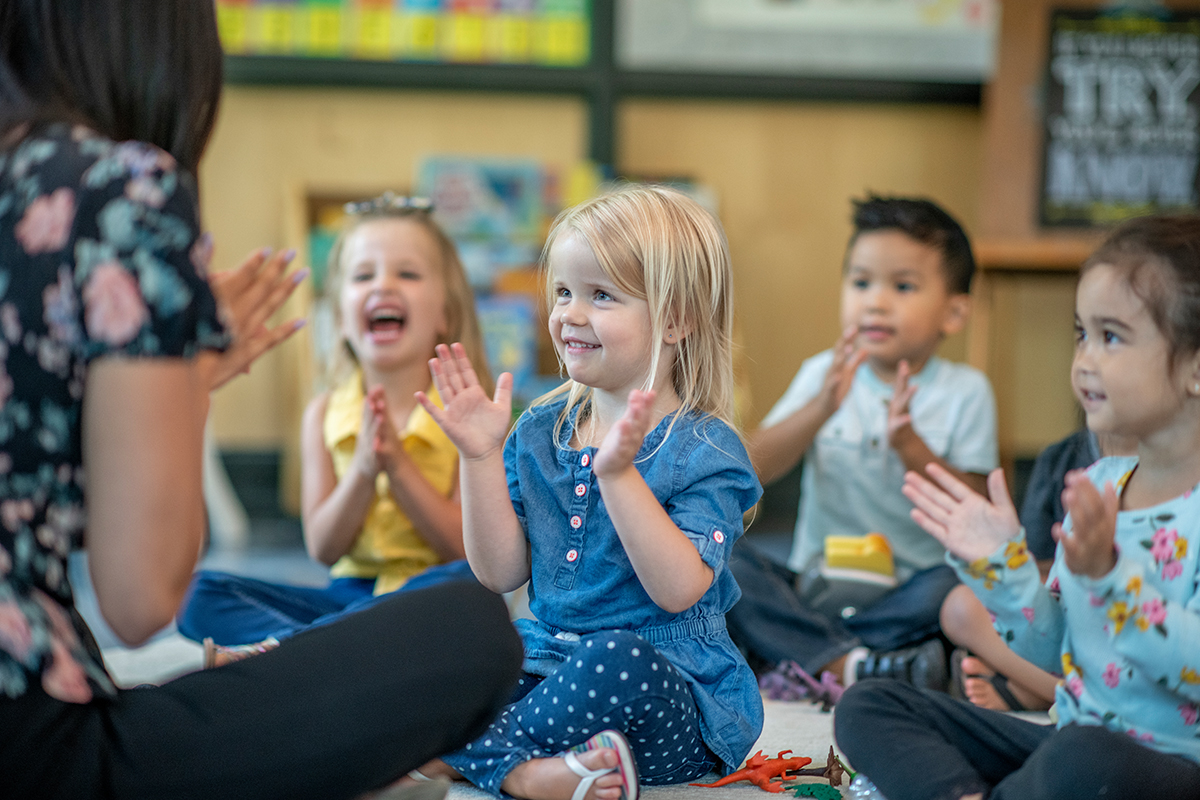The National Institute for Early Education Research’s (NIEER) policy brief “State Policies and Guidance Relating to Outdoor and Nature-Based Experiences in Preschool” explores the potential academic, developmental and health benefits that outdoor and nature-based experiences can have for preschoolers.
Released in August, the brief also considers current state policies on the subject and how they may create opportunities or barriers to providing these experiences in state-funded programs and offers related recommendations.
“Widespread and serious children’s health problems that have worsened in recent years may be related to decreased outdoor time (and associated increased screen time) and decreased exposure to nature,” the brief states. “These worsening problems include increased weight and obesity, diabetes, hyperactivity, stress, asthma, allergies and other hypersensitivity diseases. Decreased time outdoors and in nature are concerns for all children.”
That concern is more pressing for children from low-income families as they often have more limited access to safe outdoor spaces and are at higher risk for the stated health problems.
Since they tend to be the student group prioritized for enrollment at publicly funded early childhood education settings, the programs should attempt to offer more outside time, according to the brief.
State policies
The brief identifies two primary kinds of outdoor time preschoolers participate in: time spent in constructed areas such as playgrounds or blacktops and time spent in natural environments including parks, green spaces, gardens or the wilderness.
According to research conducted by NIEER reflecting 2022–23, states have varying degrees of regulations and guidance available to their preschool programs on requirements for outdoor time, daily minutes and weather conditions, availability of gross motor space and professional development. States can home in on all of these aspects to better support outdoor learning initiatives for students.
The California State Preschool Program requires outdoor time, but the amount isn’t specified while the state’s transitional kindergarten (TK) programming mandates at least 30 minutes daily. The TK program had rules/guidance on unacceptable weather conditions for students although it offered no recommendations on minimum or maximum temperatures, storms/inclement weather or other like factors.
California is one of about 20 that has professional development available for preschool staff designed to teach effective learning through outdoor experiences. Additionally, the state has parameters requiring access to both indoor and outdoor spaces for the advancement of gross motor skills.
The brief adds that “funding to support outdoor, nature-based learning in preschool settings could lead to positive early childhood educational experiences and cognitive, physical, and social-emotional benefits for young learners … Overall, state-funded preschool programs should consider regulations and guidance they currently have related to outdoor play and learning and how to strengthen their policies to benefit children.”





